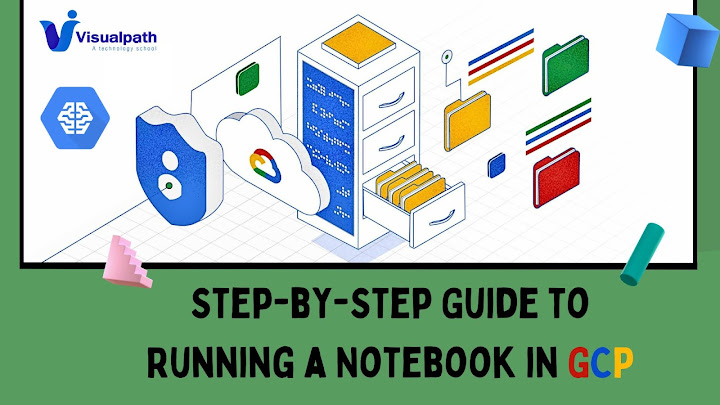Understanding EL, ELT, and ETL in GCP Data Engineering

In the realm of data engineering, particularly when working on Google Cloud Platform (GCP) , the terms EL, ELT, and ETL refer to key processes that facilitate the flow and transformation of data from various sources to a destination, usually a data warehouse or data lake. For a GCP Data Engineer to understand the differences between these processes and how to implement them efficiently using GCP services . GCP Data Engineering Training 1. Extract, Load (EL) In EL (Extract, Load), data is extracted from various sources and then directly loaded into a target system, typically a data lake like Google Cloud Storage (GCS) or BigQuery in GCP . No transformations occur during this process. EL is commonly used when: The priority is to ingest raw data quickly. Data needs to be stored for later processing. There is a need for data backup, archiving, or unprocessed analytics. GCP Services for EL: Cloud Dataflow: A fully managed streaming analytics service...

